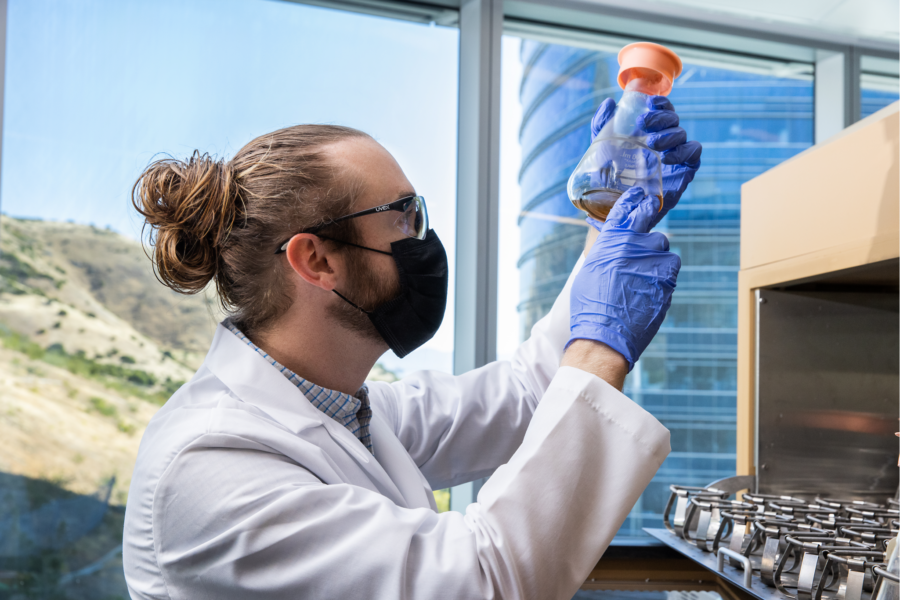With instances of peanut allergies growing among children, Nestlé SA had hoped its new treatment, Palforzia, would be seen as a gamechanger, despite its $6,000 price tag. People, however, had their own solution: Avoid peanuts and carry an epinephrine autoinjector for emergencies, the treatment that has been around for decades.
Bloomberg recently reported Nestlé spent $2.6 billion to buy Aimmune Therapeutics, the developer of the drug, which was first introduced in 2020. Robert Wood, director of pediatric allergy at Johns Hopkins Hospital in Baltimore, and other doctors had expected to begin treating patients with Palforzia once the COVID-19 pandemic abated.
Though some 1,000 patients had been advised of the drug, only six opted to try it, Bloomberg reported. Wood said he had yet to prescribe it.
“At least I know how to control this situation,” Priscilla Hernandez, whose son Zack is allergic, told Bloomberg. “We avoid, we eat at home, we do all these practices that we’ve already learned.”
Food Allergy Research & Education reports peanut allergies affect up to 2% of the pediatric population and just 20% of those children will outgrow the problem. The allergy is the most common in the U.S., affecting more than 6 million people.
A small biotech backed by Eli Lilly also is developing a peanut allergy treatment. IgGenix released a Series B round for what CEO Jessica Grossman describes as a “revolutionary approach to treating all allergies,” Endpoints News reported (Feb. 6).
While Palforzia relies on prolonged exposure to the allergen, Grossman said IgGenix wants to re-engineer IgE antibodies to stop an allergic cascade, Endpoints reported. Palforzia caused immune reactions, some serious, in about 9% of children given the drug during clinical trials.
Xolair, being developed by Roche holding AG, is undergoing clinical trials.
Reaction to peanuts can trigger potentially deadly anaphylaxis.
“When a person with a peanut allergy is exposed to peanut, proteins in the peanut bind to specific IgE antibodies made by the person’s immune system,” FARE said on its website. “Subsequent exposure to peanut protein, typically by oral ingestion, triggers the person’s immune defenses, leading to reaction symptoms that can be mild or very severe.”
The Mayo Clinic advises people to read labels to determine whether a food contains peanuts or peanut products, or even if products were produced in the same manufacturing plant where peanuts were processed since even trace amounts can be deadly.
“Many people don’t understand the seriousness of an allergic food reaction and may not realize that a tiny amount of a food can cause a severe reaction. If you are at all worried that a food may contain something you’re allergic to, don’t try it,” the Mayo Clinic said on its website.












